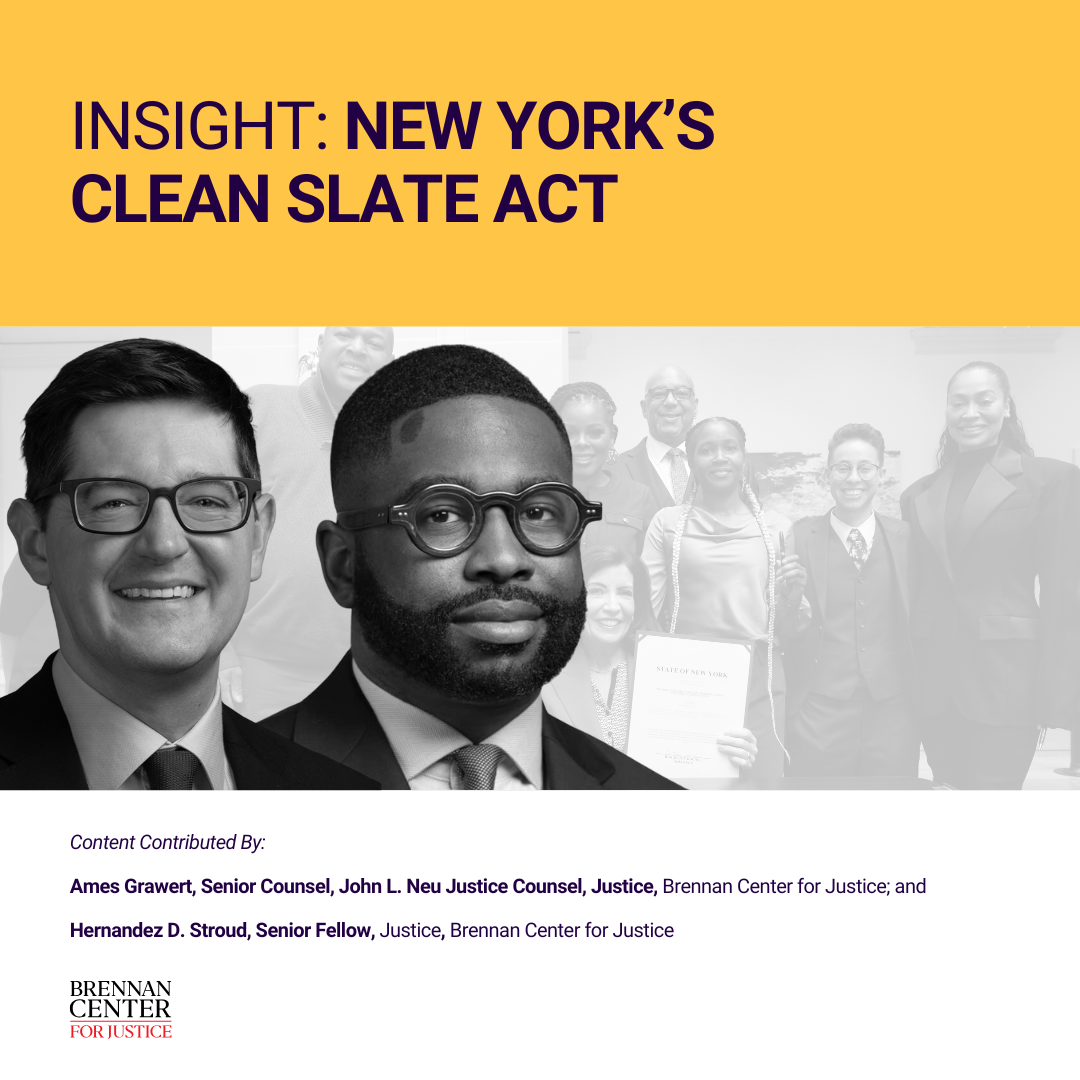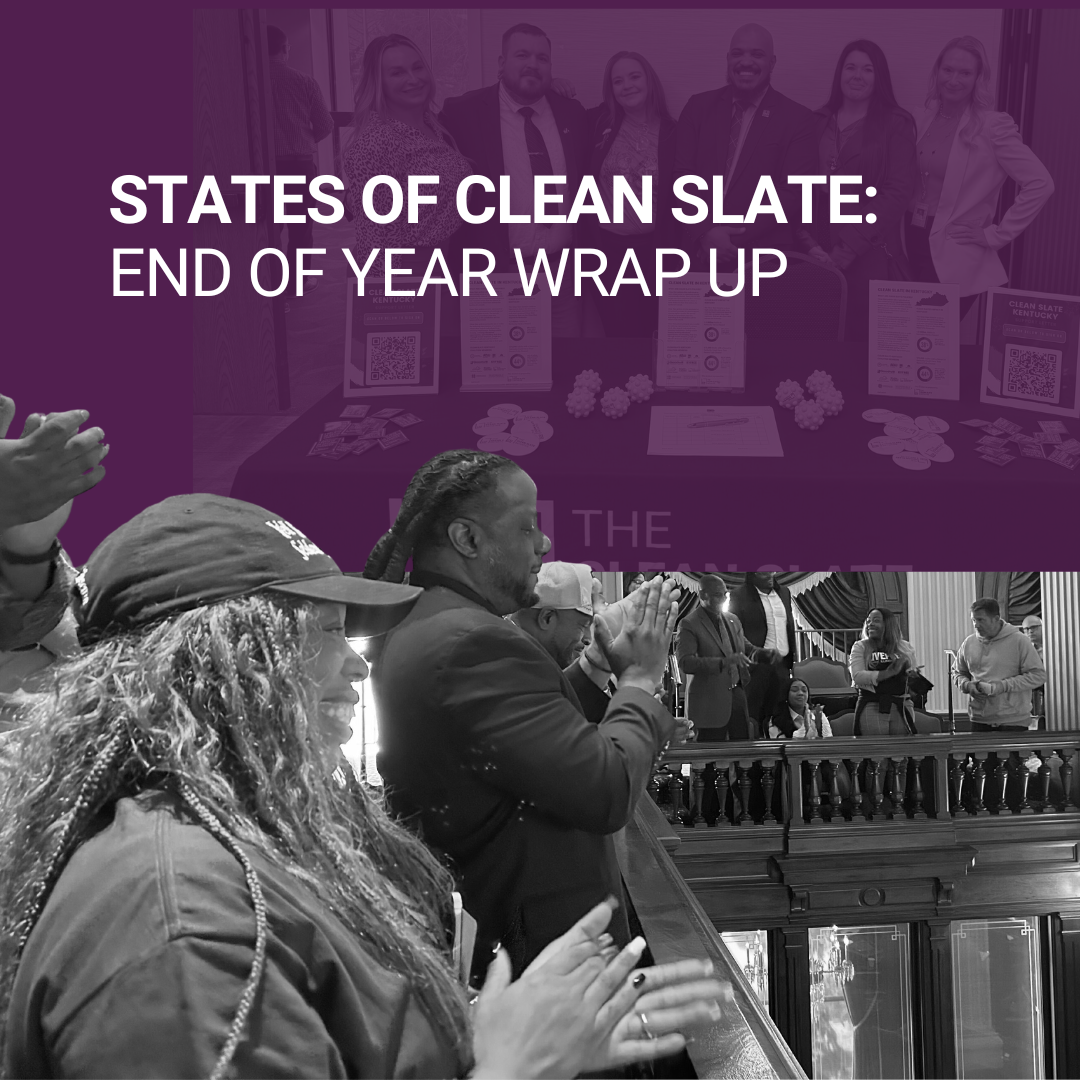My Journey Through Reentry and Into a Second Chance

Growing up in poverty in the Appalachian Mountains of Eastern Kentucky was not easy for me. I experienced trauma at a young age, which left me feeling lost and confused. As a result, I turned to drugs and alcohol to cope with my pain. This led to a cycle of addiction and incarceration that lasted for many years. However, I was fortunate enough to receive a second chance, and it has changed my life in ways I never thought possible.
In my mid 20s, I was incarcerated in Kentucky’s only maximum-security prison for women. My life had spiraled to such a low point. Being separated from my family, friends, and my children was so painful. I thought that my incarceration was the worst thing that could happen to me. I was being punished, but I assumed that after I finally was released, I would be able to rebuild my life.
Unfortunately, that was not the case. I faced hurdle after hurdle when seeking employment, housing, and getting accepted to college. I submitted application after application for employment and continued to be rejected due to my background. I contacted landlords who hung the phone up on me when I told them that I had a felony conviction. When applying to college, I had to write essays about all of my convictions and beg for admission. When I was finally admitted to a university, I received a letter saying that I could never live on campus and was not eligible for many scholarships and student aid.
There were so many times that I wanted to give up, but I was blessed to have a support group of formerly incarcerated folks who stood beside me and consoled me when rejection reared its ugly head. I was so fortunate to have this support, as many people do not. Without support, re-entry can feel impossible. My community helped me remain hopeful that I would reunite with my family and give my children the life that they deserved.
After many part-time, unstable jobs, I finally started working full-time, helping women in recovery from substance use disorder transition back into society. I became the director of the largest recovery program in Kentucky for women and went to college classes at night. It was incredibly rewarding work, and I felt like I was making a real difference in the lives of these women. I knew that I wanted to do more, though, and that's why I put some much effort into my college courses.
I worked hard, and eventually; I earned my bachelor's degree. It was a huge accomplishment for me, and I felt like I had finally proved to myself that I was capable of so much more than I had ever imagined. I then decided to continue my education and pursue a Master's degree in Social Work. It was a difficult journey, but I knew that it was worth it. I wanted to help more people. and knew that having an advanced degree would give me the skills and knowledge to do so.
Throughout my journey, I’ve used my own experiences to help others who are struggling with addiction and incarceration. I know firsthand how difficult it can be to recover from addiction and rebuild your life after incarceration, but I also know that it's possible. I have been in recovery for 10 years now, and during that time, I’ve rebuilt my relationships with my family and my community. I became a mother who is raising her children in a safe and healthy environment. And I have advocated for others who are going through similar struggles.
While finishing my master’s degree, I received a pardon from the Kentucky governor. I fought for years to get the pardon, and even advocated for expungement laws to pass, but those laws did not clear my record.
When I finally received the governor’s pardon, my whole life changed. It felt like I had finally finished my sentence and the world opened up to me. I could work in any field, go on field trips at my children's schools, get loans easier, and even get life insurance. So many things that many folks take for granted, but for the formerly incarcerated community, we live with these obstacles every day. With a pardon, these obstacles were officially gone.
I am now the Justice Director at Dream.Org and I work on justice reform issues in Kentucky and around the nation. This work has become a passion of mine, and I believe that it's an important part of the recovery process. It's not enough to simply recover from addiction and rebuild your life. It's also important to work to change the systems that contribute to addiction and incarceration in the first place. This is why I have been working with organizations and lawmakers to promote policies that support recovery and reduce the harm caused by the legal system.
One of the policies that I have been advocating for in Kentucky is Clean Slate. Passing a Clean Slate bill in Kentucky would change thousands of my neighbors’ lives. It would build on the bipartisan work that we have done around the state to expand expungement eligibility. This bill would give formerly incarcerated Kentuckians the second chance that they so desperately deserve.
I will never forget the day that I received my second chance. My first thought was that “so many more people deserve a second chance as well.” Now this thought can be a reality. If we want a better society, with more productive citizens and healthier families, it’s a no-brainer.
Passing Clean Slate legislation (in Kentucky and across the US) is a way to work toward that goal. Kentuckians are hardworking folks, who believe in forgiveness and redemption. Clean Slate is a way to make our laws reflect our beliefs. So, I urge Kentucky lawmakers from every political background to come together to pass this law and to make our commonwealth a better place, with more opportunity. Too many Kentuckians are locked out of second chances and we cannot wait any longer to help our state be a stronger and better place to live.
We all deserve a second chance and I hope this month and every month to come, that we, as Americans, can extend grace and empathy to our neighbors.
.avif)
.png)



